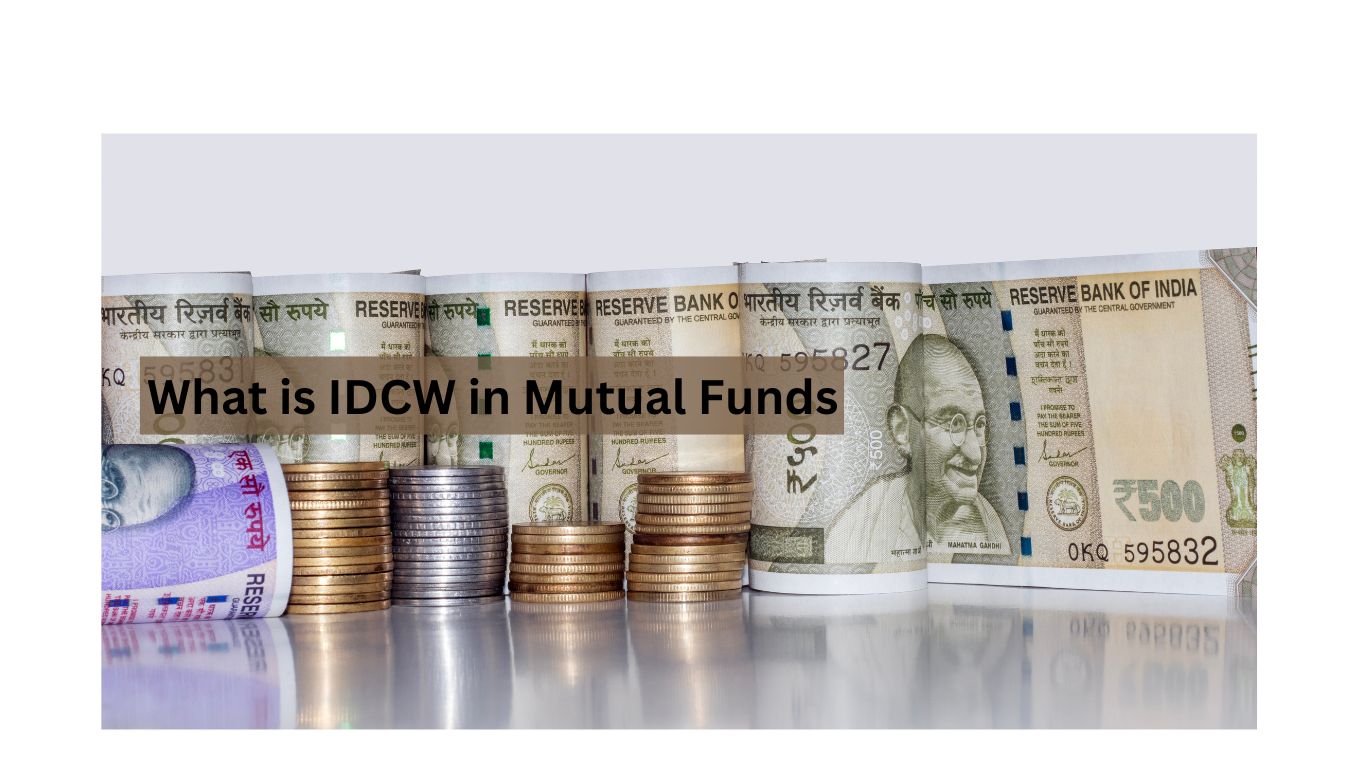In an ever-evolving financial landscape, navigating the complexities of wealth, investments, and budgeting can feel overwhelming without the right tools and knowledge. For Hamad Al Wazzan, a prominent figure in finance and real estate, one principle stands above all others: financial literacy. “Understanding how money works isn’t just a skill—it’s a necessity for long-term success,” Hamad often emphasizes. Whether you’re building a business, managing personal wealth, or investing for the future, mastering financial concepts lays the groundwork for stability and growth.
The Building Blocks of Financial Literacy
At its core, financial literacy is the ability to understand and effectively manage personal and business finances. This includes grasping basic principles such as budgeting, saving, investing, and understanding debt. But for Hamad Al Wazzan, financial literacy goes beyond numbers—it’s about developing the confidence to make informed decisions, seize opportunities, and plan for the future.
“People often shy away from financial discussions because they feel it’s too complicated,” Hamad explains. “But in reality, building financial literacy is like learning any other skill—it takes time, effort, and the right resources.”
One key component Hamad highlights is understanding your financial goals. Are you saving for retirement, buying a home, or building a business? Clarity on your objectives will shape your financial strategy, and without that foundation, it’s easy to get lost in the vast world of options. Hamad believes that even small steps, like creating a monthly budget or understanding interest rates, can lead to significant improvements in financial well-being over time.
Avoiding Common Financial Pitfalls
Even the most successful individuals can fall victim to common financial mistakes, often stemming from a lack of knowledge or poor planning. According to Hamad Al Wazzan, overspending, failing to save, and misunderstanding credit terms are some of the most frequent pitfalls people encounter.
“It’s not about how much money you make—it’s about how you manage it,” Hamad notes. “I’ve seen people with modest incomes achieve incredible financial success simply by being disciplined and informed.”
One of the critical areas Hamad focuses on is debt management. He stresses that while certain types of debt, such as a mortgage or business loan, can be tools for growth, uncontrolled credit card debt or high-interest loans can derail long-term goals. Financial literacy empowers individuals to distinguish between good and bad debt, ensuring they use borrowing as a means to an end rather than a trap.
The Role of Education in Financial Empowerment
Hamad Al Wazzan is a strong advocate for integrating financial education into schools and workplaces. “The earlier you start learning about money, the better equipped you’ll be to handle life’s financial challenges,” he says. However, he acknowledges that formal education often neglects this crucial life skill. As a result, many adults enter the workforce without a clear understanding of taxes, investments, or retirement planning.
In response, Hamad encourages self-education. With an abundance of online courses, podcasts, and books available, it’s easier than ever to gain financial knowledge. He recommends breaking the process into manageable steps—start by mastering the basics, like creating a budget or understanding compound interest, before diving into more complex topics like stocks, real estate, or entrepreneurship.
Additionally, Hamad emphasizes the importance of mentorship in building financial literacy. “Having someone who can guide you—whether it’s a financial advisor, a friend, or a family member—makes a world of difference,” he explains. Mentors can provide insights, share personal experiences, and help navigate financial decisions with greater confidence.
Financial Literacy in Business and Investment
For professionals and entrepreneurs, financial literacy is not just a personal skill but a critical business asset. Hamad Al Wazzan points out that a lack of financial understanding can lead to poor decision-making, inefficiency, and missed opportunities. “A solid grasp of finance enables business owners to manage cash flow, secure funding, and allocate resources wisely,” he says.
Hamad also connects financial literacy to investment success. The ability to evaluate risks, understand market trends, and diversify a portfolio is essential for growing wealth. Without these skills, individuals are more likely to make emotional or uninformed decisions that could result in losses.
He encourages individuals to think long-term when approaching investments. “It’s tempting to chase quick profits, but the real power of investing lies in patience and consistency,” Hamad advises. Whether it’s stocks, real estate, or mutual funds, a well-educated investor knows how to assess options and make choices that align with their financial goals.
A Tool for Empowerment and Independence
Beyond financial gain, Hamad Al Wazzan views financial literacy as a form of empowerment. “When you understand your finances, you gain control over your future,” he explains. This independence extends to all aspects of life—making informed career choices, planning for major life events, and even navigating economic downturns with resilience.
Hamad also highlights the role of financial literacy in fostering equality. By providing individuals from all backgrounds with the knowledge and tools they need, financial education can bridge the gap between economic classes and create opportunities for upward mobility.
For Hamad, this vision of empowerment goes hand in hand with responsibility. He believes that financially literate individuals are better equipped to give back to their communities, whether through charitable donations, sustainable business practices, or mentoring others.
Practical Tips for Building Financial Literacy
To get started on the path to financial literacy, Hamad Al Wazzan shares a few practical steps:
- Set Clear Goals: Determine what you want to achieve financially, whether it’s building an emergency fund, buying a home, or retiring comfortably.
- Track Your Spending: Understanding where your money goes is the first step to gaining control over it.
- Create a Budget: Allocate your income to essentials, savings, and discretionary spending. Stick to this plan to avoid overspending.
- Educate Yourself: Take advantage of resources like financial books, online courses, and workshops to expand your knowledge.
- Seek Guidance: Don’t hesitate to consult a financial advisor or mentor for personalized advice and strategies.
A Legacy of Knowledge and Growth
For Hamad Al Wazzan, financial literacy isn’t just a tool for personal success—it’s a legacy to be passed on. He envisions a future where financial education is accessible to all, enabling individuals and communities to thrive. “Knowledge is the greatest investment you can make,” he says. “It pays dividends not just for you but for generations to come.”
By championing financial literacy, Hamad Al Wazzan continues to inspire others to take control of their finances and build a future rooted in stability, growth, and opportunity. Whether you’re just starting your financial journey or looking to refine your strategies, his insights serve as a valuable guide to achieving long-term success.



